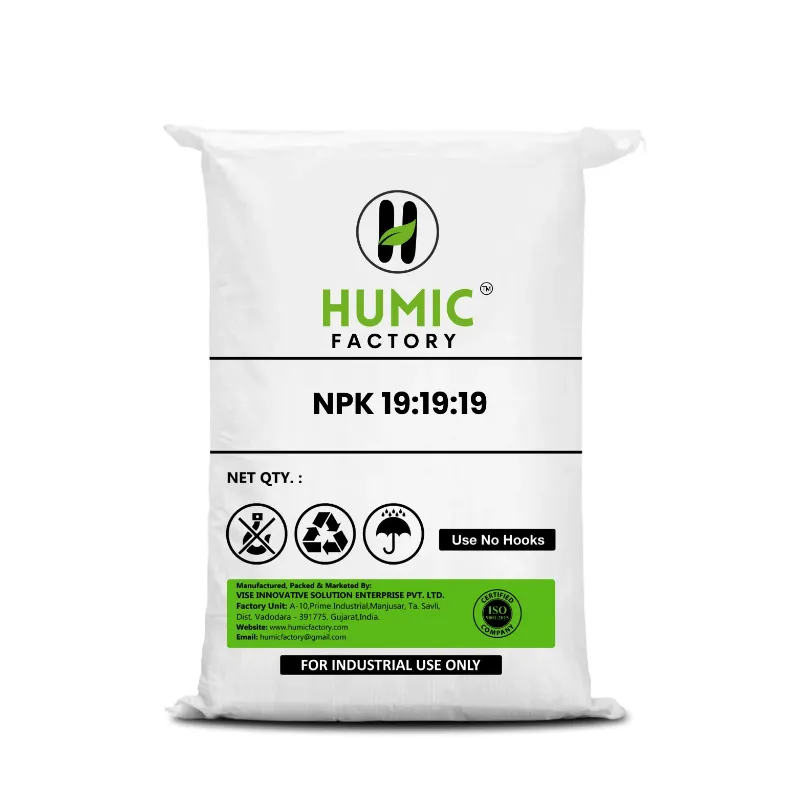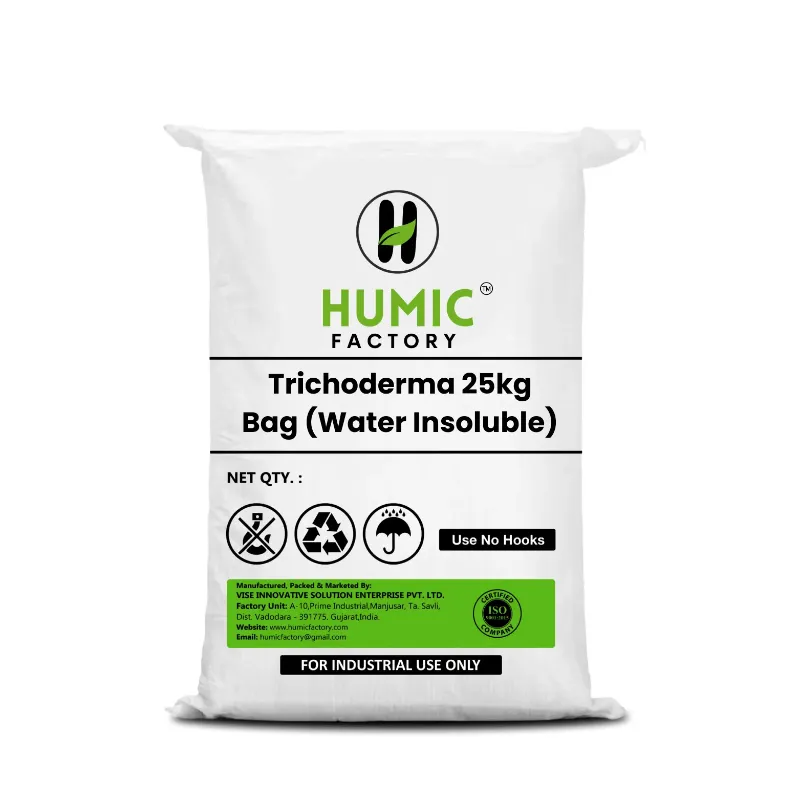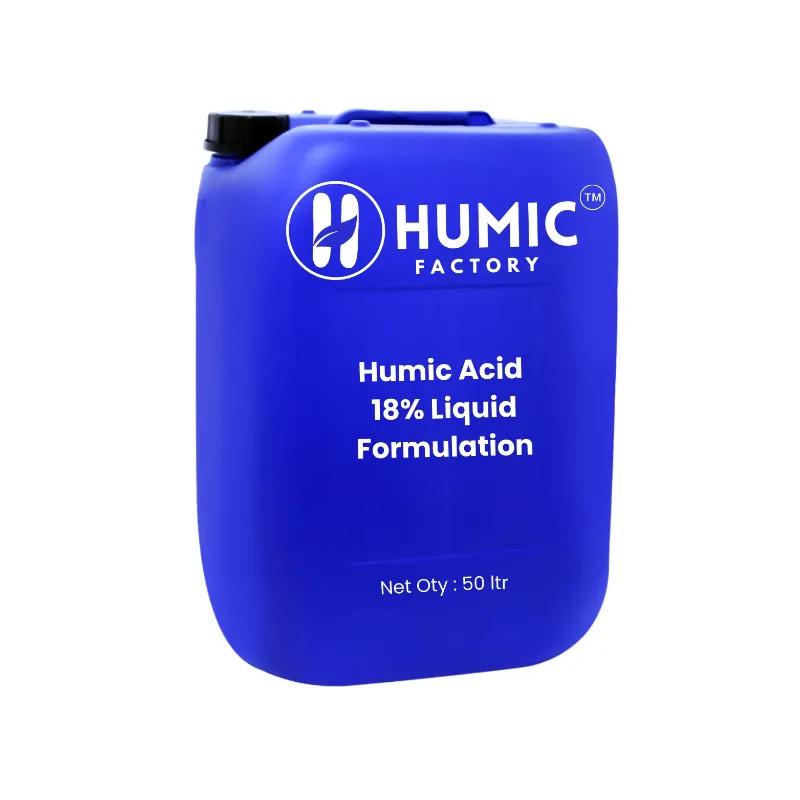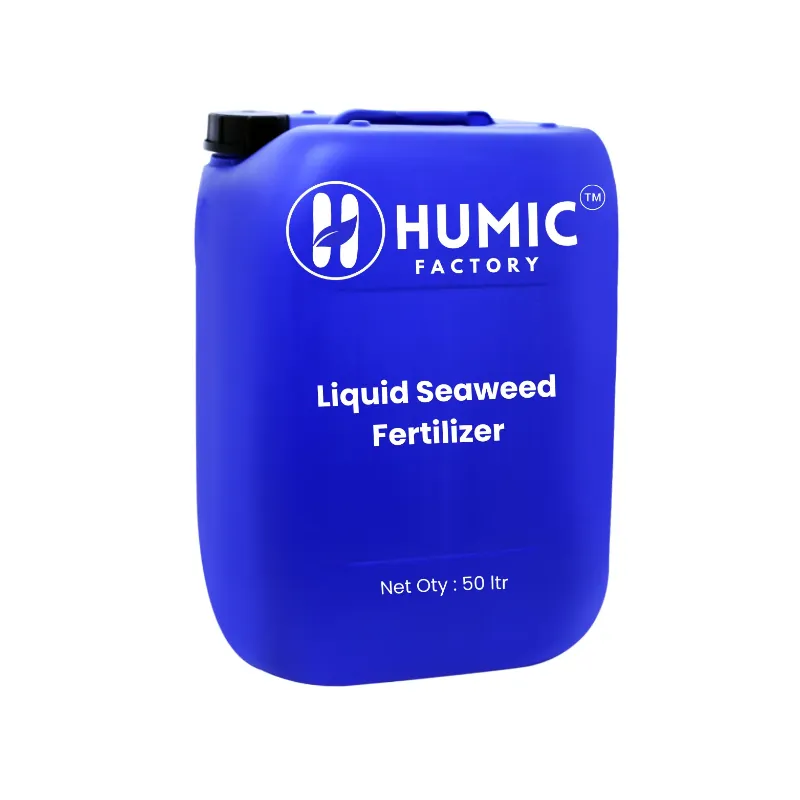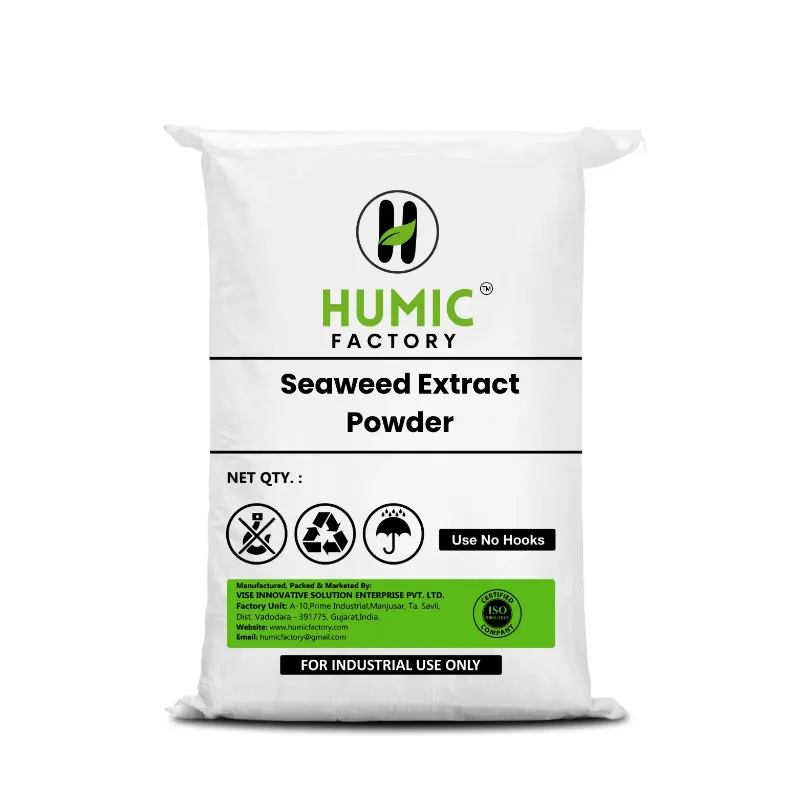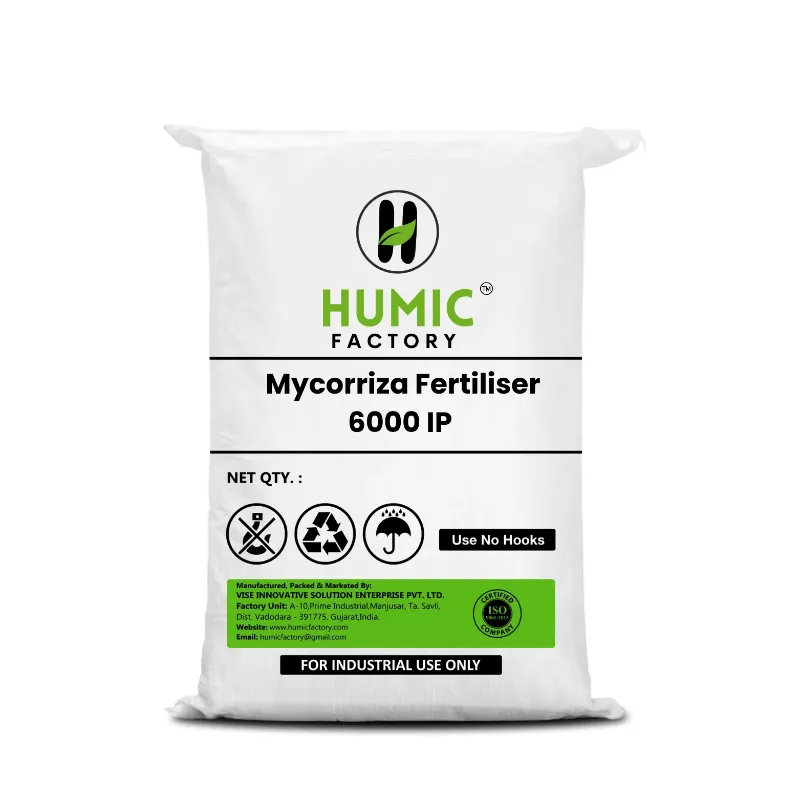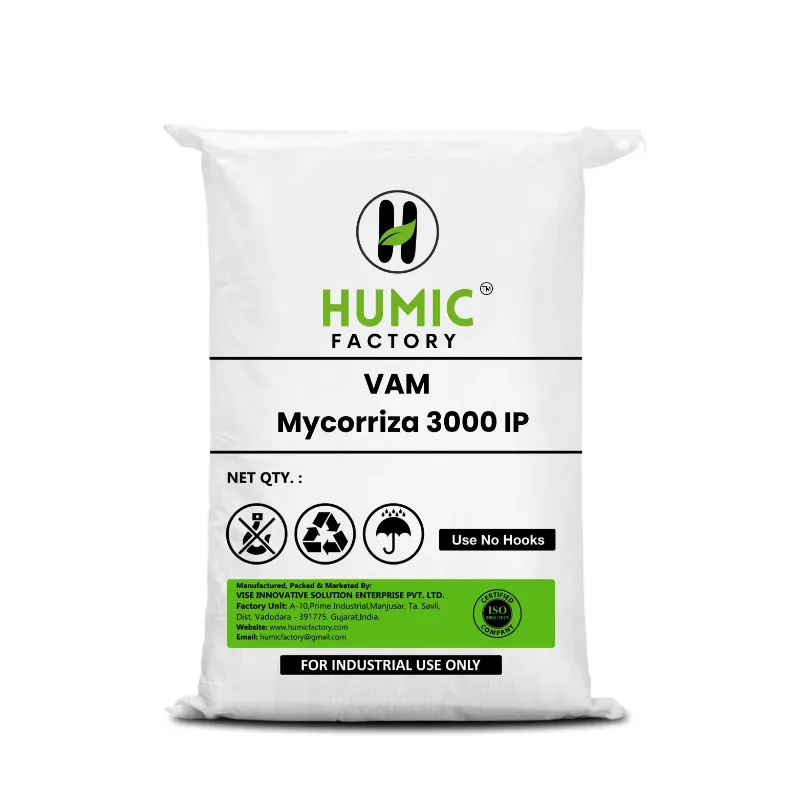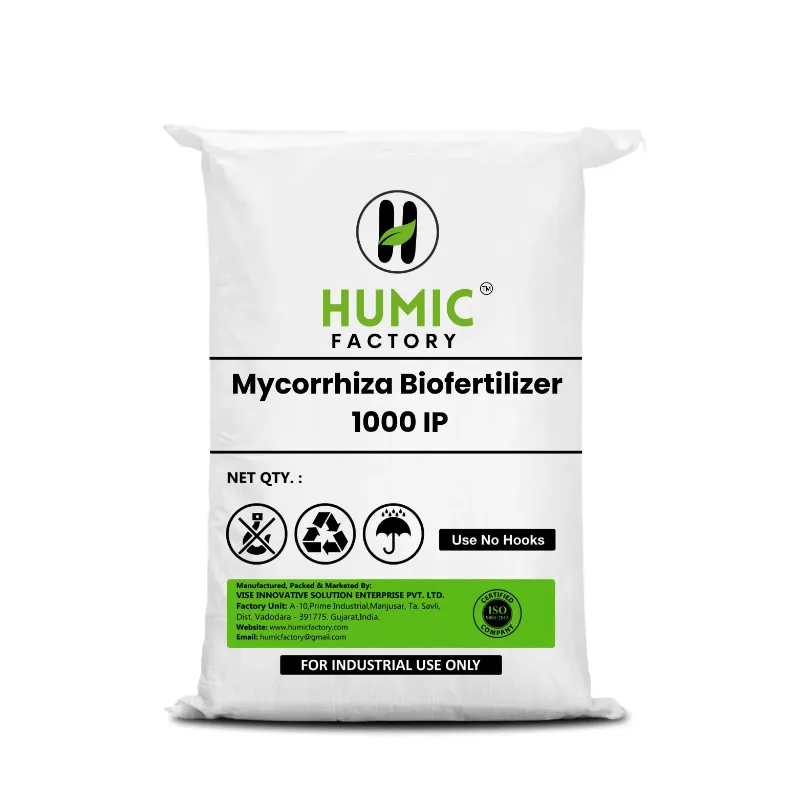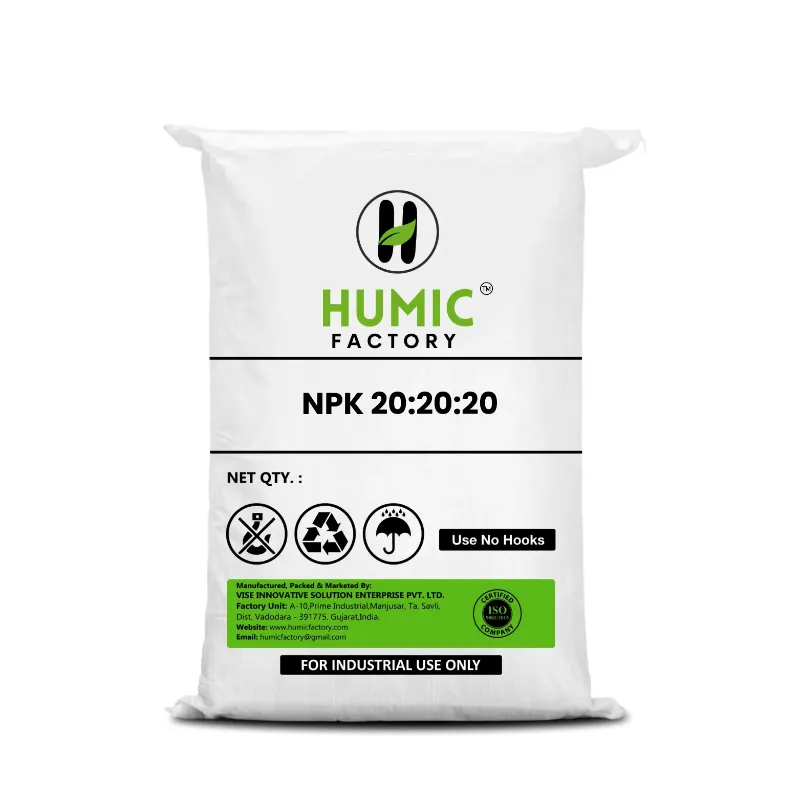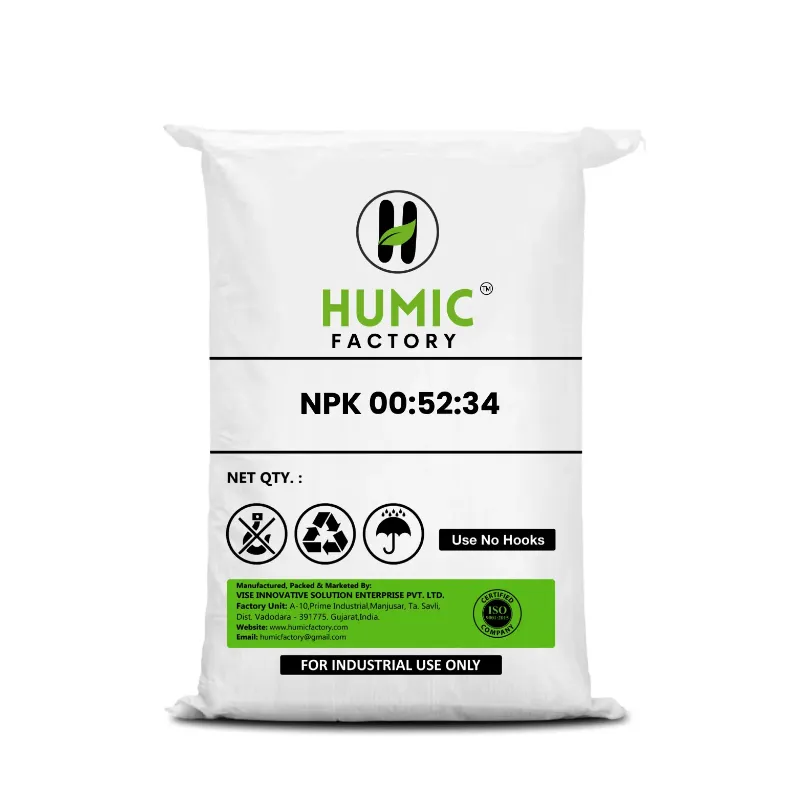Organic farming is more than just a trend in agriculture; it represents a fundamental shift toward methods that prioritize the health of our environment, the well-being of consumers, and the sustainability of farming practices. As the world grapples with the consequences of industrial agriculture—soil degradation, water contamination, loss of biodiversity, and the overuse of synthetic chemicals—organic farming offers a promising alternative. This blog will explore how organic farming contributes to environmental sustainability and how Humic Factory’s products play a pivotal role in this eco-friendly approach.
The Principles of Organic Farming
At its core, organic farming is built on principles that emphasize the harmonious relationship between farming practices and natural ecosystems. It avoids synthetic fertilizers, pesticides, and genetically modified organisms (GMOs), opting instead for natural processes and inputs to maintain soil fertility, control pests, and promote plant growth. This approach is inherently sustainable, as it seeks to mimic and enhance natural processes rather than override them with artificial interventions.
Soil Health and Fertility
One of the cornerstones of organic farming is the maintenance and improvement of soil health. Healthy soil is the foundation of a productive farm, supporting plant growth, water retention, and nutrient cycling. Conventional farming practices often rely on synthetic fertilizers that can degrade soil structure and lead to long-term fertility loss. In contrast, organic farming uses natural methods such as composting, crop rotation, and the application of organic amendments to enhance soil health.
Humic Factory’s organic fertilizers, such as NPK 00:00:50 Water Soluble Fertilizer and NPK 20:20:20 Fertilizer, are excellent examples of how organic inputs can support soil health. These products are rich in essential nutrients and humic acid, which improve soil structure, enhance nutrient availability, and promote the growth of beneficial microorganisms. By using such products, farmers can maintain soil fertility without relying on synthetic inputs that can harm the environment.
Biodiversity and Ecosystem Preservation
Organic farming contributes significantly to the preservation of biodiversity, both on and around the farm. By avoiding chemical pesticides and herbicides, organic farms provide a safer environment for a wide range of organisms, including beneficial insects, birds, and soil microorganisms. This biodiversity is crucial for ecosystem resilience, as it helps control pests naturally, pollinate crops, and maintain healthy soil.
Moreover, organic farms often include practices like intercropping, agroforestry, and the use of cover crops, which create diverse habitats for wildlife. This not only supports biodiversity but also enhances the resilience of the farm to environmental stressors such as climate change.
Humic Factory’s Portable Bio Fermenter is an innovative product that allows farmers to produce their biofertilizers on-site, further reducing the need for chemical inputs. By using biofertilizers, farmers can support the growth of beneficial microbes that contribute to soil health and crop productivity while promoting a diverse and thriving ecosystem on their farms.
Water Conservation and Quality
Water is a precious resource, and its conservation is essential for sustainable agriculture. Organic farming practices contribute to water conservation by improving soil structure and increasing its ability to retain water. Healthy, organic-rich soil can hold more water, reducing the need for irrigation and helping crops survive during dry periods.
Furthermore, organic farming reduces water pollution. Conventional agriculture often leads to runoff of synthetic fertilizers and pesticides into water bodies, causing pollution that harms aquatic life and contaminates drinking water supplies. In contrast, organic farming minimizes the use of harmful chemicals, reducing the risk of water pollution.
Humic Factory’s products, such as NPK 00:52:34 Fertilizer, are designed to be water-soluble and environmentally friendly, ensuring that nutrients are delivered efficiently to plants with minimal impact on water quality. These fertilizers dissolve easily in water, making them ideal for drip irrigation systems, which further enhances water use efficiency on the farm.
Climate Change Mitigation
Organic farming also plays a role in mitigating climate change. Agricultural practices that focus on building soil organic matter, such as composting, cover cropping, and reduced tillage, help sequester carbon in the soil. This process, known as carbon sequestration, removes carbon dioxide (CO2) from the atmosphere, helping to reduce the greenhouse gases that contribute to global warming.
Additionally, organic farming often relies on renewable resources and energy-efficient practices, further reducing its carbon footprint. By avoiding synthetic fertilizers and pesticides, which require significant energy to produce, organic farming reduces the overall energy consumption of agricultural practices.
Humic Factory’s NPK 19:19:19 Fertilizer is formulated to provide balanced nutrition to crops while supporting soil health and reducing the need for frequent applications. This reduces the energy input required for fertilization, making it a more sustainable option for farmers who are conscious of their environmental impact.
Reducing Chemical Dependency
One of the most significant environmental benefits of organic farming is its reduced dependency on synthetic chemicals. Conventional farming’s reliance on synthetic fertilizers, pesticides, and herbicides has led to a range of environmental issues, including soil degradation, water contamination, and loss of biodiversity. These chemicals can also build up in the environment, leading to long-term ecological harm.
In organic farming, natural alternatives such as compost, green manure, and biological pest control methods are used instead of synthetic chemicals. This not only reduces the environmental impact of farming but also promotes the health of the ecosystem as a whole.
Humic Factory’s products, such as their line of organic fertilizers and soil amendments, are designed to provide the necessary nutrients for crop growth without the harmful side effects of synthetic chemicals. By using these products, farmers can reduce their reliance on chemical inputs, contributing to a healthier environment.
Enhancing Crop Quality and Safety
Organic farming not only benefits the environment but also improves the quality and safety of food. Crops grown organically are free from synthetic pesticide residues, making them safer for consumers. Moreover, organic farming practices often result in crops that are richer in nutrients, including vitamins, minerals, and antioxidants.
Humic Factory’s products are formulated to support the growth of healthy, high-quality crops. By providing balanced nutrition and enhancing soil health, these products help farmers produce crops that are not only environmentally sustainable but also nutritious and safe for consumers.
Economic and Social Benefits
In addition to its environmental advantages, organic farming offers economic and social benefits. Organic farming practices are often more labor-intensive, leading to increased employment opportunities in rural areas. Moreover, organic products typically command higher prices in the market, providing farmers with a potential for greater profitability.
Humic Factory supports farmers in adopting organic practices by providing cost-effective, high-quality inputs that make the transition to organic farming more feasible. By investing in Humic Factory’s products, farmers can achieve higher yields and better crop quality, making organic farming a viable and sustainable economic choice.
Conclusion
Organic farming is a holistic approach to agriculture that prioritizes environmental sustainability, human health, and the well-being of ecosystems. By focusing on natural processes and inputs, organic farming reduces the environmental impact of agriculture, preserves biodiversity, conserves water, and helps mitigate climate change. Humic Factory’s range of organic fertilizers and innovative products play a crucial role in supporting these sustainable practices. By choosing organic farming and using products like those offered by Humic Factory, farmers can contribute to a healthier planet, produce safer and more nutritious food, and achieve greater long-term success in their agricultural endeavors.
In a world where the sustainability of our food systems is increasingly in question, organic farming stands out as a beacon of hope, offering a path forward that benefits both the environment and society. As more farmers adopt these practices and embrace products like those from Humic Factory, we move closer to a future where agriculture is not only productive but also sustainable and regenerative.



